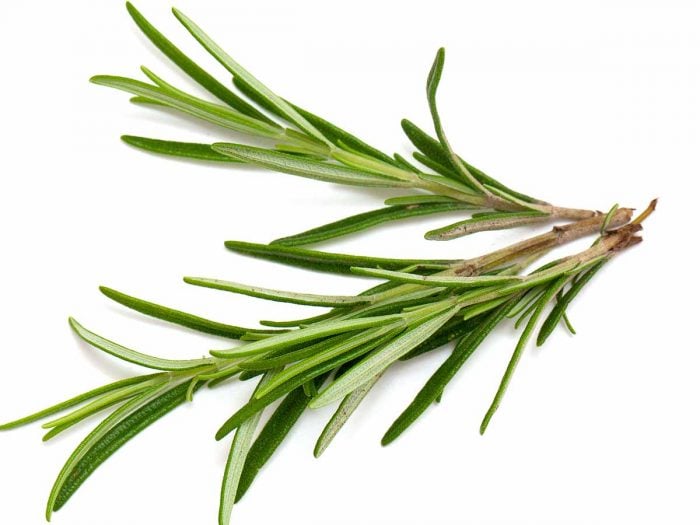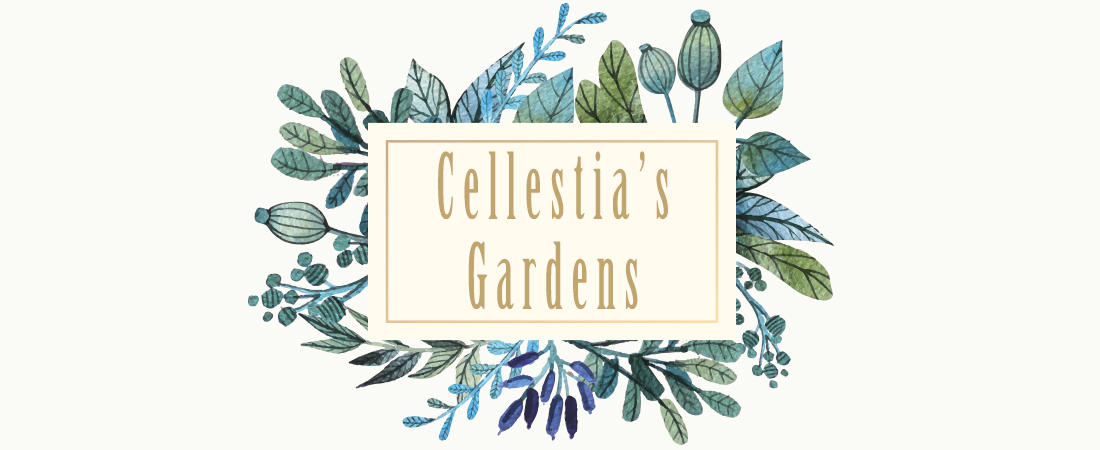I had purchased Ginkgo tea before in bio stores, but it can be hard to find and quite expensive, depending on the place selling it. Ginkgo is a great* veinotonic (relieves the feeling of heavy legs) and also supposed to ameliorate memory and concentration. (*Please see notice at the end of this article for safety concerns).
Being a pharmacy student, the workload is huge and the data to be memorised - endless. So ginkgo tea has become a part of my diet at the beginning of the term and during the stressful days of revision. And having had the chance to gather a handful of leaves for the first time, I thought I could spice up my tea a little. I tried to imagine what else I could add based on smell and taste and then checked in my herbal medicine books to see if I had guessed right the effects. I was quite happy to find that I did: all my choices had some use in memory, concentration and energy boosting - just what I was looking for. And so was born my ginkgo - rosemary - clove blend which I named A Student's Best Friend Tea.
The main part of the blend is ground Gingko biloba leafs. If you get the chance to pick some fresh leaves, spread them on a tray and let them dry for about 2 weeks, preferably protected from light. Then crunch and rip them up with your hands and use a mortar to ground them a bit more. Depending on your infusion system, you might want to keep in small to moderate sized pieces rather than go all the way to obtaining a powder that would sip through the infuser.
If you can't get fresh leaves, you might check your local bio and herb stores or even buy the tea and cut open the sachets.

Next I added some rosemary (Rosmarinus officinalis) dried leafs that I also broke in two and ground up a bit in the mortar. Rosemary is a great herb to have in your garden or even in a large pot in the kitchen. It is a great addition to many dishes but also has some interesting medicinal properties thanks to its oils. One of these properties is that it can prevent age-related mental decline and improve the quality and speed of memory. It also tastes great when powdered and mixed with tomato juice and it will have the same benefic effects (just add 750mg powdered rosemary to a glass of tomato juice)!
The final ingredient was clove (Eugenia caryophyllata). It is
I used 4 parts ginkgo to 1 part rosemary and 1 part clove. This was based on how much ingredients I had, but you can change the ration to adjust the taste to your preference. The taste can be a bit strong or weird at first and might take some time to get used to. You can add some honey to sweeten it.
Additionally, you can also add ginseng (Panax ginseng) root to the blend or use it to replace the rosemary and clove. I don't have any at the moment and I am yet to find a place to sell it.
If you make your own blend, do share! I would love to hear of your experience with it!
*Notice: These herbs may not be suitable during pregnancy and lactation! Ginkgo may also alter blood pressure and sugar levels. For any concerns, please consult with your doctor before using them. For more info: MayoClinic.
Image source: Google and Getty Images


